Wildlife recovering after fires in Panhandle area thanks to efforts by WWRC in Amarillo
Wildfires have destroyed countless homes, cattle and prairie land, along with people’s dreams. But one group went out to find an often overlooked group harmed and displaced by the largest ravaging fire in Texas.
Members at the Wild West Wildlife Rehabilitation Center, located in Amarillo, felt it their mission to check on wildlife in the region that had been hurt in the blaze that changed routes quickly and caught animals many off-guard. The members traveled hundreds of miles and found some wildlife hurt or displaced by the firestorms. Dangerous areas were not overlooked by the group, but precautions were taken to prevent endangering the rescue party.
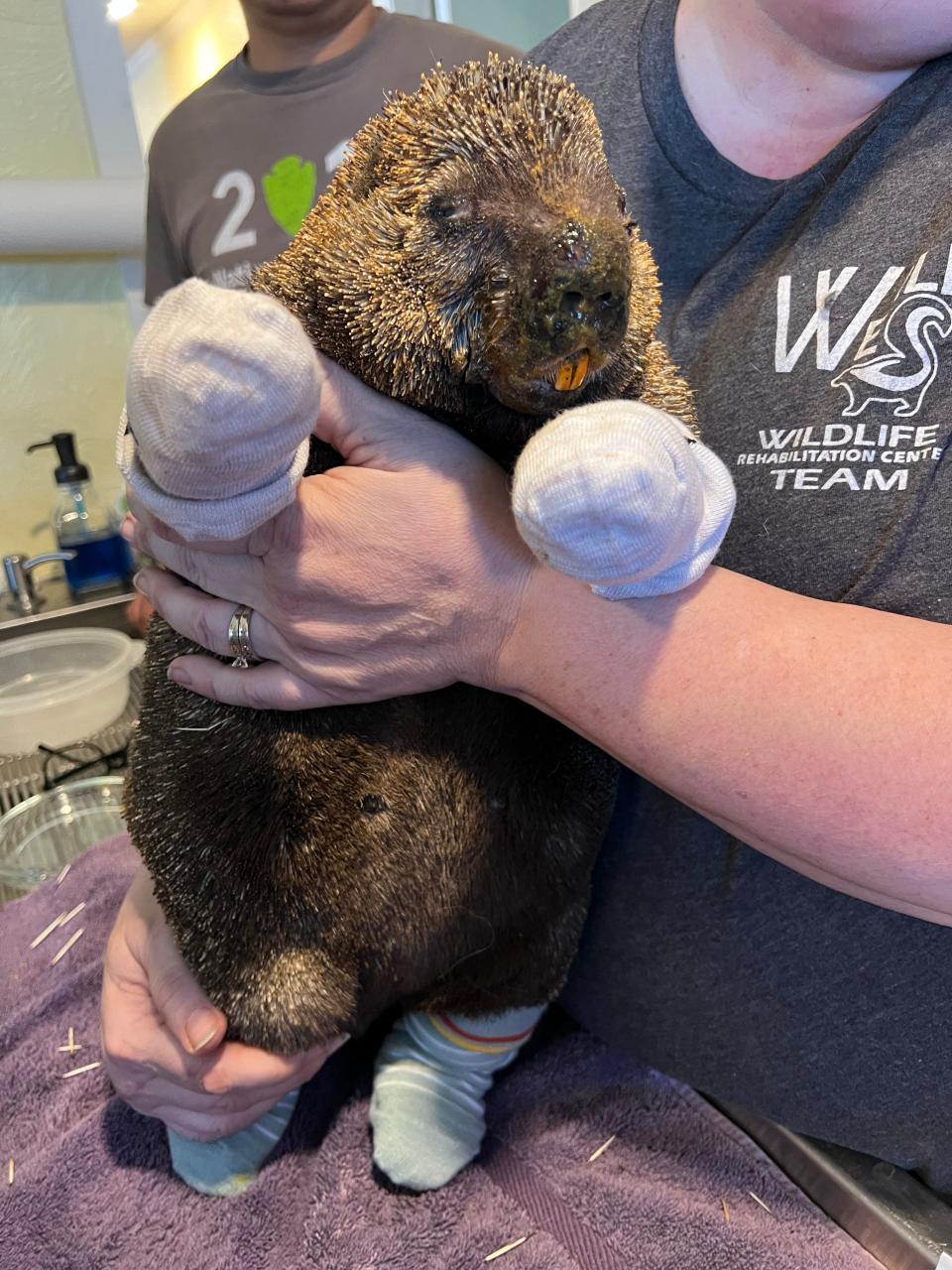
While riding in their van/pickup, the group found a porcupine who had burned paws and quills and was also pregnant. Cinder, as they named her, was pregnant and unfortunately lost her baby but is healing up under their care. She is being taken home nightly by some of their senior volunteers to make sure she recovers without incident.
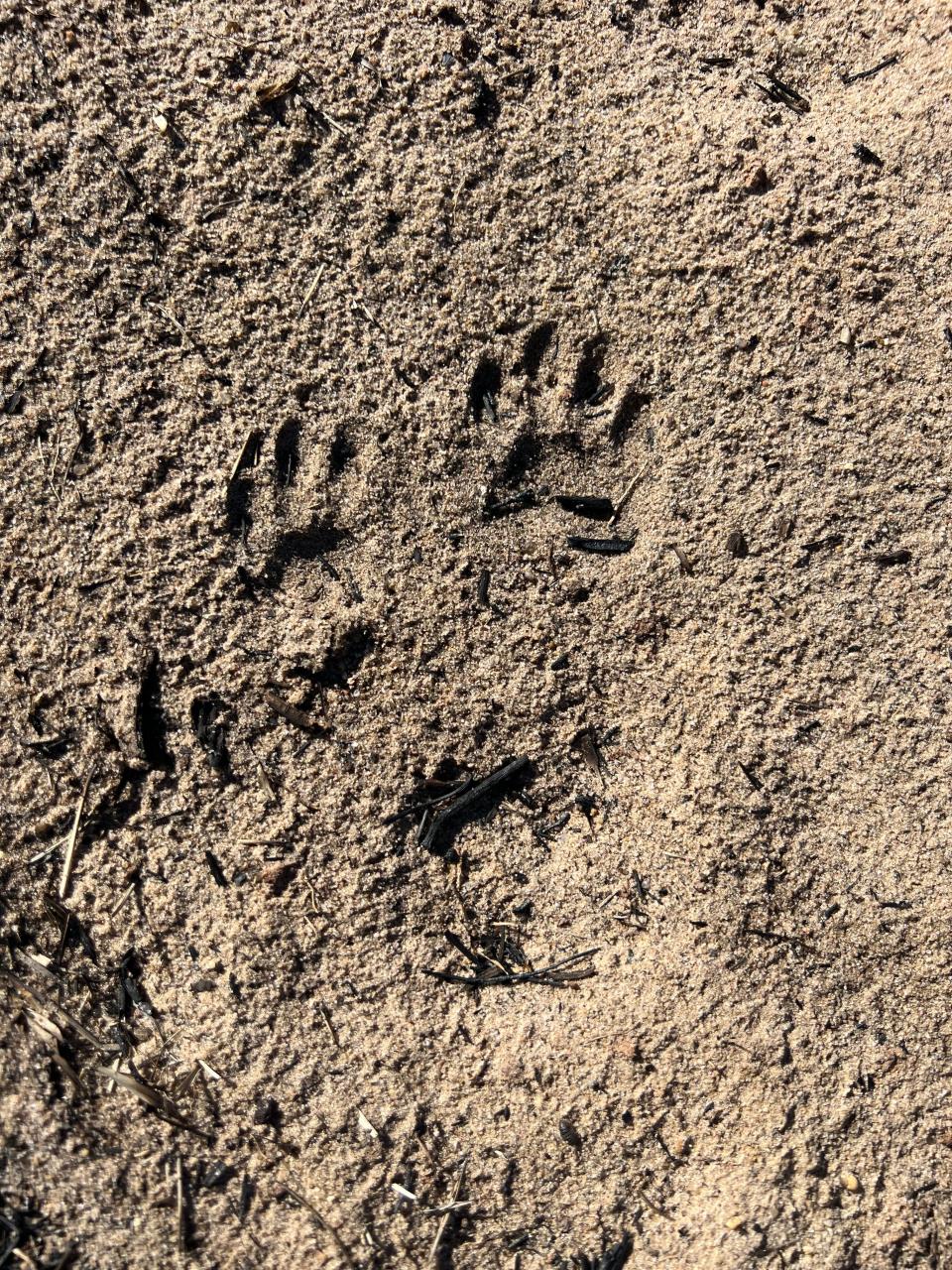
The center caters to 26 counties in the Panhandle and has been searching for injured animals that need to be rehabilitated.
“That’s our mission, is to get the injured and orphaned wildlife back to where they can be released back to the wild, and we do that pretty efficiently, about 99% release rate back into the wild, so that’s what we’re here for,” said Christy Rowley, volunteer and rehabber at Wild West Wildlife.
The support they say they have received, not only for Cinder but for many of the other animals in their care, has been amazing.
The center’s founder and executive director, Stephanie Brady, said they didn’t find any wildlife within the first 10 hours of their search and were surprised. But as they continued to go back to Fritch, Borger, Pampa, Stinnette and Canadian, some of the wounded appeared.
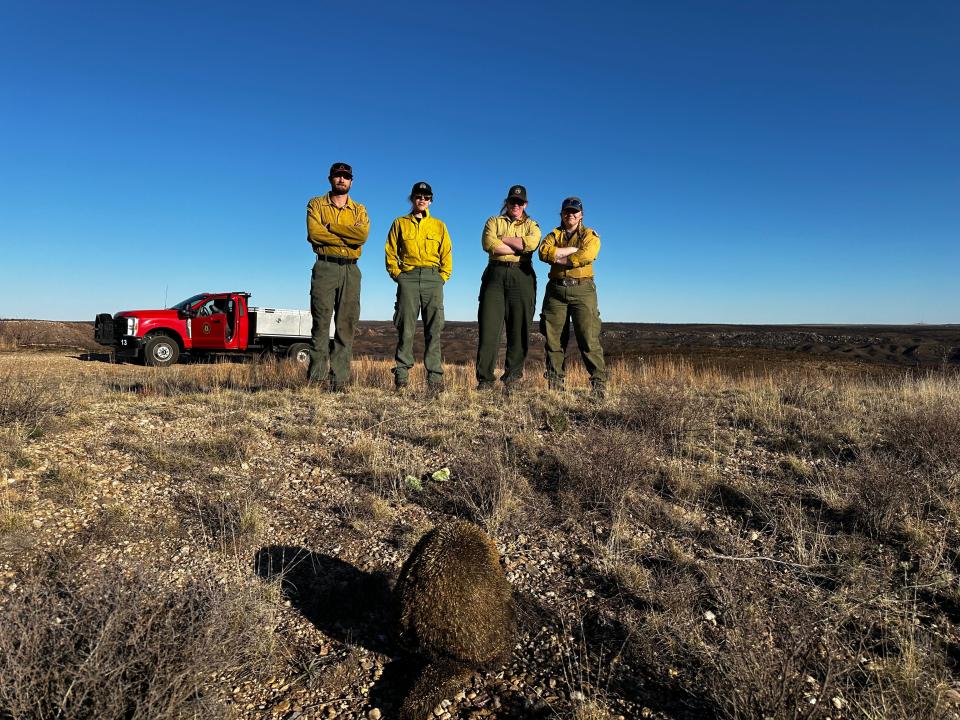
A barn owl was affected by the Windy Deuce fire and was in “pretty bad shape,” according to Facebook reports of the group. Brady said barn owls are feisty, and when they are not, they aren’t well.
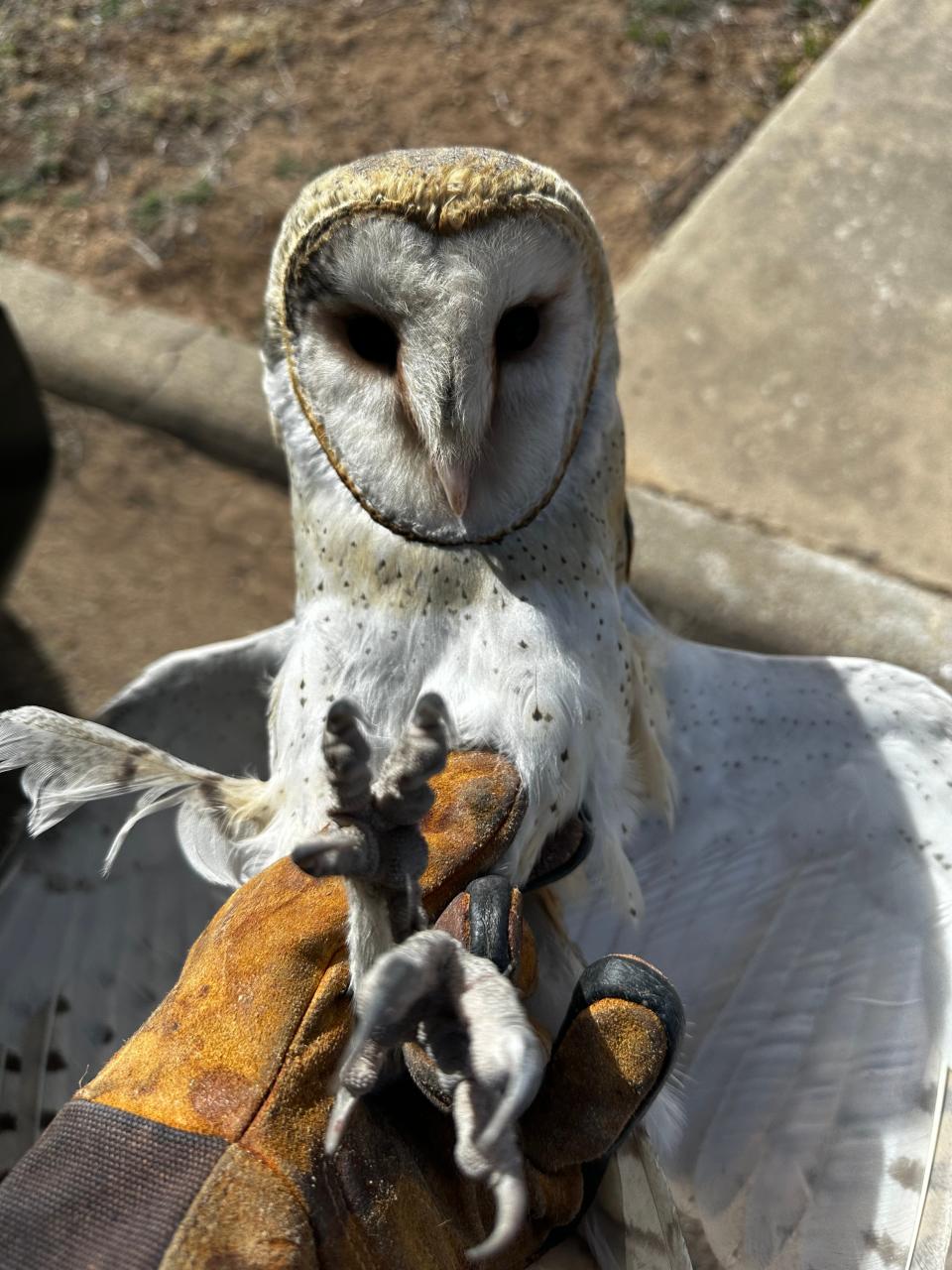
The group was able to get the owl on oxygen and he is doing great. The goal is to get him back to the original site in Fritch once the fires are fully extinguished, where he can find his mate. According to Brady, the owls mate for life.
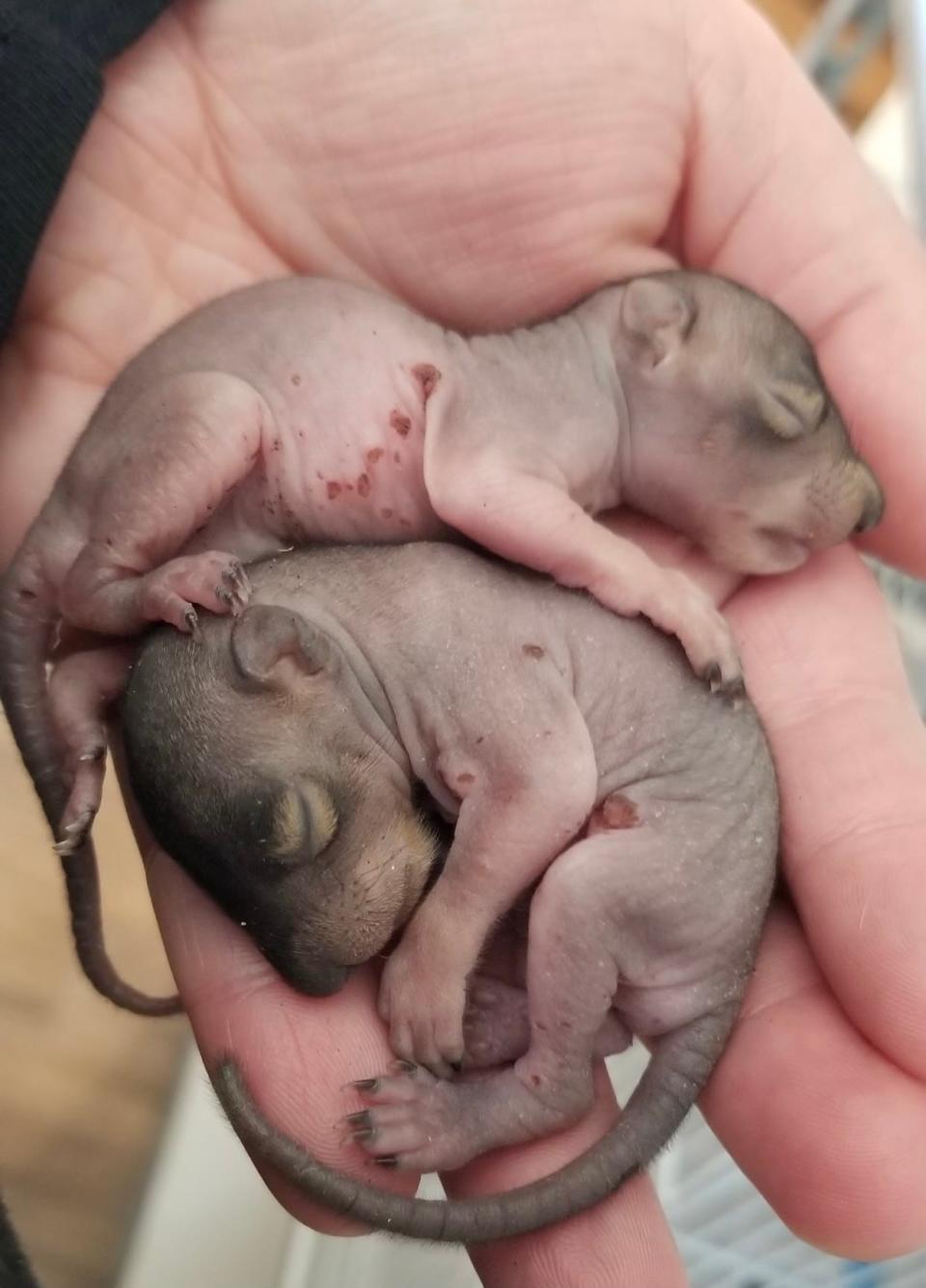
There were also 14 baby squirrels blown out of their nests due to high winds, and “they are doing fantastic,” according to Brady. There also was a deer brought in by a Game Warden which they tried to save but were unable to. To date, they have also found a horned lizard and a duck, in addition to the other wildlife found.
On Wednesday, the wildlife center marked a major goal, announcing that Dr. Janice Wolf has joined WWWRC as its own veterinarian. "A dream come true after 5 years in the making," a post reads on Facebook from the center. "Thanks to the generosity last November on Panhandle Gives/Giving Tuesday, this remarkable addition would not have been possible without all of you."
According to Texas A&M AgriLife Extension Service experts, among wildlife expected to be most affected by the wildfires were white-tailed deer, raccoons or other smaller mammals who are older or less mobile due to an illness or extenuating circumstance.
To report any lost or injured wildlife to WWWRC, call 806-680-2483 or visit their website. They are in need of products listed on their Amazon Wishlist and also of cash donations which can be located by going to their website and clicking on the "donate" link. You can also reach them by mail at WWWRC, 2901 N Soncy Rd., Amarillo, TX 79124.
This article originally appeared on Amarillo Globe-News: WWRC in Amarillo helps wildlife recover after Texas Panhandle fires

